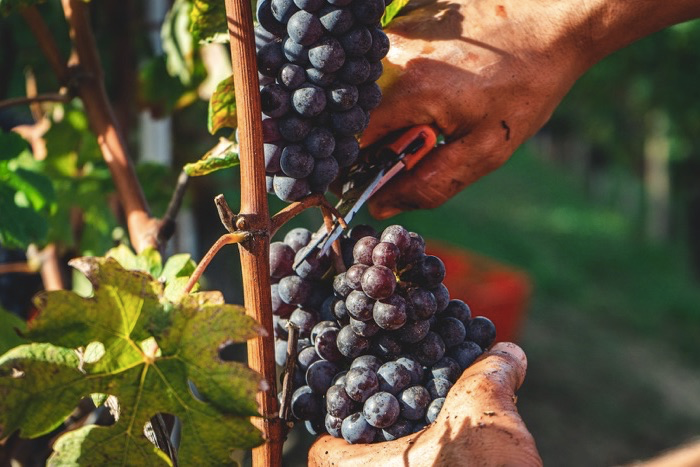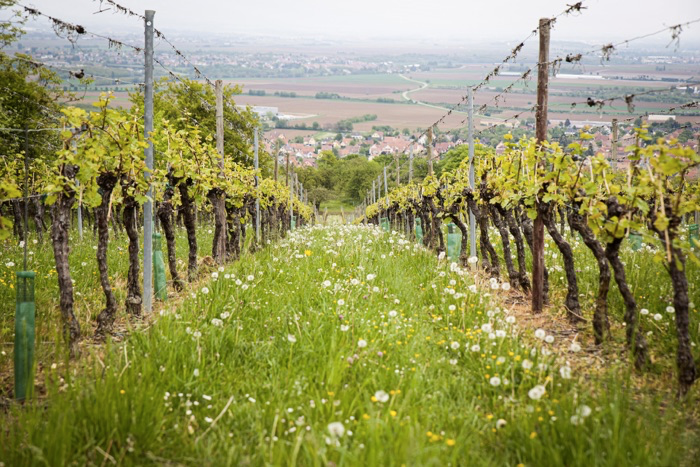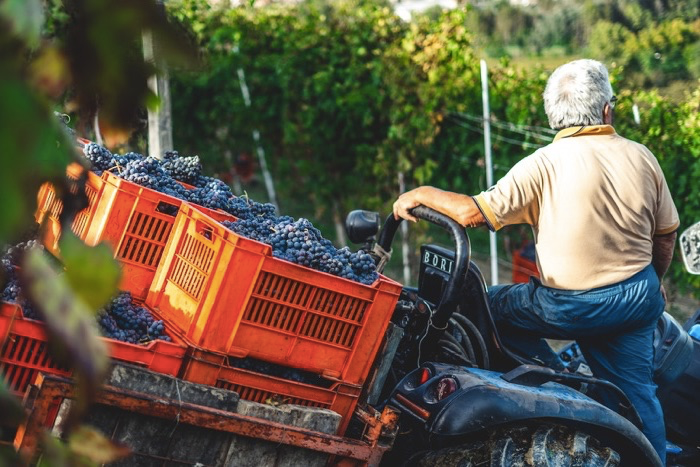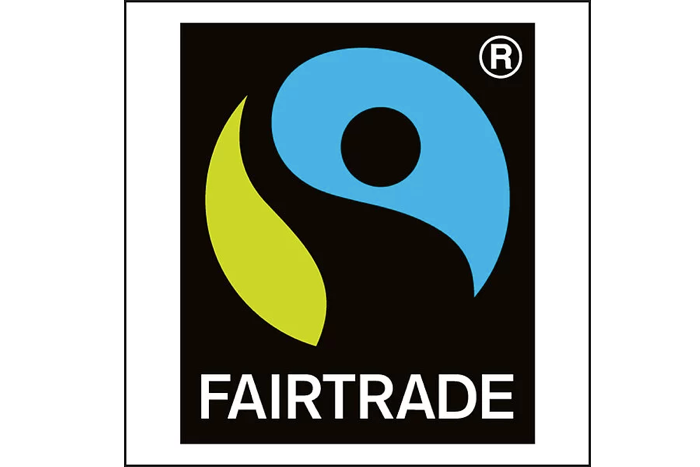Ethical Wine: A Conscientious Choice for Discerning Consumers
Discover the world of ethical wine - a thoughtful choice for conscious consumers. Savour the taste, knowing it's produced with integrity.

Ethical considerations have become increasingly important in our modern society. From the food we eat to the clothes we wear, consumers are looking for products that align with their values and support sustainable practices.
In recent years, this ethical mentality has also extended to the world of wine. As consumers become more aware of their impact on the environment and social issues, they demand a higher level of transparency and accountability from winemakers.
This has given rise to a movement known as ethical wine, where not only taste and quality matter, but also how grapes are grown, how workers are treated, and how wineries contribute to their local communities.
In this article, we'll dive into the fascinating world of ethical wine production and explore why it should be considered an essential aspect of responsible consumption for both wine enthusiasts and environmentally conscious individuals.
What is Ethical Wine?
Ethical wine, also known as sustainable or organic wine, is produced using environmentally friendly practices that prioritize ecological balance, biodiversity and the well-being of vineyard workers.
Unlike conventional wine production, which often uses harmful chemicals and pesticides, ethical wineries take more natural and holistic approaches that promote ecosystem preservation.
The Ethical Wine Production Process
1. Organic and Biodynamic Agriculture
One of the main characteristics of ethical wine is the use of organic and biodynamic farming methods. Organic vineyards avoid the use of synthetic fertilizers, herbicides and pesticides, opting for natural alternatives that maintain soil fertility and protect biodiversity.

Biodynamic agriculture takes this a step further, incorporating spiritual and mystical principles to enhance ecological harmony.
2. Minimal intervention
Ethical wine producers believe in allowing nature to take its course, intervening as little as possible in the winemaking process. By relying on natural yeasts for fermentation and avoiding excessive filtration, ethical wines retain the authentic flavours of grapes while reducing waste and energy consumption.
3. Water Management
The responsible use of water is a key aspect of ethical wine production. Sustainable vineyards implement water-saving technologies, such as drip irrigation and rainwater harvesting, to ensure efficient and responsible use of water resources.
4. Fair Labor Practices
Ethical wine producers prioritize the well-being of their workers, ensuring fair wages, safe working conditions and opportunities for professional growth. By treating their employees with respect and dignity, these wineries contribute to the overall betterment of the community.

5. Packaging and Carbon Footprint
To further demonstrate their commitment to sustainability, ethical wineries opt for environmentally friendly packaging and transport methods. From recycled glass bottles to lightweight packaging materials, every effort is made to minimize the carbon footprint associated with the production and distribution of ethical wine.
The Benefits of Choosing Ethical Wine
1. Environmentally friendly
By opting for ethical wine, you actively participate in the preservation of the environment. The absence of harmful chemicals and the adoption of sustainable agricultural practices help protect soil, water and surrounding ecosystems.
2. Healthier Choice
Ethical wine is free of synthetic additives, making it a healthier choice for consumers. You can enjoy the pure taste of grapes without worrying about ingesting potentially harmful substances.
3. Support for Local Communities
Ethical wineries often operate on a smaller scale and are rooted in their local communities. By supporting these vineyards, you contribute to the livelihood of local farmers and help maintain traditional wine-making practices.
4. Biodiversity Guarantee
With ethical production practices, vineyards prioritize biodiversity, allowing plants, animals and microorganisms to thrive. This contributes to a more balanced and resilient ecosystem.
5. Conscious Consumption
Opting for ethical wine reflects your commitment to conscious consumption and ethical consumption. Your choices can inspire others to make similar choices that positively impact the world.
Ethical certification programs for wine producers
Ethical certification programs for wine producers aim to ensure that wine producers adhere to specific ethical standards throughout the production process, from vineyard management to packaging and distribution.
By considering wineries' environmental impact, labour practices, and community involvement, these programs play a crucial role in promoting transparency and accountability within the industry.
One such certification program is Fairtrade Certification for Wine from Fairtrade International. This label ensures that wine is produced under fair commercial conditions, farmers receive fair prices for their grapes and workers benefit from safe working conditions.

In addition, it ensures that smallholder farmers are supported through direct business relationships, empowering them economically and enabling environmentally sustainable practices.
Fairtrade-certified wines often show a commitment to biodiversity conservation by implementing organic farming techniques and minimizing the use of pesticides or artificial fertilizers.
In conclusion
As we explore the world of ethical wine, it becomes clear that this conscious choice goes far beyond the simple enjoyment of a glass of wine. It represents a commitment to sustainability, ethical agricultural practices, and a deep concern for the well-being of our planet and our communities. By choosing ethical wine, you contribute to a brighter and more sustainable future.
You May Be Also Interested in